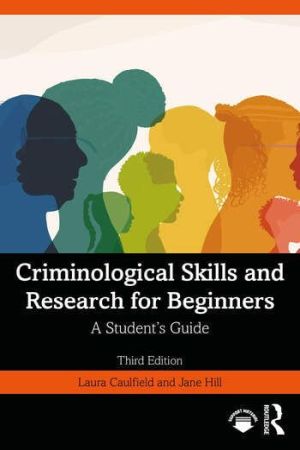
Criminological Skills and Research for Beginners, Third Edition, is a comprehensive and engaging guide to research methods in Criminology, and the skills required for academic success. Written primarily for undergraduate students and novice researchers, this book has been designed as a lively and accessible guide to planning, conducting and reporting research in the subject. It emphasises practical skills required in studying Criminology, the importance of criminological research, and places-related methodology firmly in the context of students’ broader study of the discipline, before moving on to provide a detailed guide to the actual processes of research that students can return to at each stage of their study, all the way through to their dissertation.
This book presents:
New to the third edition is a brand new chapter on using online and social media data sources. This edition also includes new coverage of mixed-methods approaches, preparing a research proposal, a spotlight on researcher well-being and guidance on writing reflective essays.
Including an extensive glossary and online support material with extra examples, exercises and videos to further develop students’ understanding, this book is essential reading for any undergraduate on a Criminological Research Methods or Research Skills course, or for anyone in need of practical guidance on any or all of the various stages involved in conducting thorough and effective criminological research.